We are seeing a new sort of world now. American allies such as France and Brazil have visited Beijijng. China’s neighbors, the leaders of Taiwan and South Korea, have been visiting the US. As we have pointed out in the past, a new world order is emerging.
Ironically, this order does not have much order. A term in vogue at the Pentagon applies. This term refers to a volatile, complex, uncertain and ambiguous (VUCA) world. The rules-based order that the US created after World War II stands weakened. Most states are operating in a world of shifting allegiances, maximizing their national interest in a quid pro quo basis.
Two blocs have emerged, one led by the US and the other by China. Unlike the Soviet Union, China is an economic giant. Its per capita income may be much lower than the US but the size of its population gives it heft. In many areas of technology, China is now a world leader. Nations of the Global South such as Brazil, Kenya and Saudi Arabia are now making advantageous deals with both blocs.
Geopolitics Matters
Sir Halford John Mackinder, the father of geopolitics and geostrategy, offers a good model to look at the current situation. He posited that the Eurasian landmass from Brest to Vladivostok is one fundamental entity. This generally has a dominant power, which is the continental power. France, Germany and Russia have been this power. Today, this continental power is China, which calls itself the Middle Kingdom.
Historically, the littoral states such as the UK, the Baltics and even Italy allied against the continental hegemon. Now, littoral states such as Taiwan, South Korea and Japan are allying with the US, which is on a different landmass, to counter China. That is why Taiwanese and South Korean leaders have been visiting the US. It is precisely for this reason that The Philippines conducted its largest ever military exercises with the US.
However, Mackinder’s explanation is not complete. Economics is important too. France constructs nuclear power stations and top quality Airbus planes. French luxury goods such as Chanel and Christian Dior are still world leaders. The biggest demand for all things French lie in China. Therefore, French President Emmanuel Macron showed up to meet Chinese President Xi Jinping.
Economics Matters Too
Macron and, before him, German Chancellor Olaf Scholz showed up to meet Xi for the same reason. Both of them want to maintain good relations with China. This relationship guarantees thousands of jobs. As leaders responsible for their economies, they have to make sure that a Xi-led China continues to be a reliable export market. Unlike the US, neither France nor Germany have large enough domestic markets. They need China today in a way the US does not. Therefore, they are not entirely aligned with the US on China.
The same is true for Brazil. In 2021, China accounted for 31.3% of Brazil's exports. The US came a distant second and accounted for 11.2% of Brazilian exports. Brazilian soybeans, iron ore and oil now feed the Chinese industrial machine, which has an insatiable appetite for commodities. At a time of economic trouble, Brazilian President Luiz Inácio Lula da Silva has no option but to visit China and cultivate relations with Xi.
Even the US now depends on Chinese imports. A rupture in US-China trade relations would push the cost of far too many products up in Walmart and on Amazon. So, we now live in an inextricably intertwined world.
Yet it is important to remember that the world has always been interconnected. The reason the US exists is because the Turks disrupted Europe's trade with the East. The quest for silk and spices led Europeans to the Americas. Once they discovered silver, this underpinned the global economy. Spain and Portugal became global powers. The UK and France followed.
Few know that a third of the silver from Latin America ended up in China. It fueled trade and then inflation. The 1580 Single Whip Law, which instituted payment of all taxes and tributes in silver, led to the fall of the Ming Dynasty.
Yet China’s trade surplus continued until the UK started exporting opium to the Middle Kingdom. The British monetized its colony in India by growing opium there and exporting it to China, causing starvation for brown people and addiction for yellow people. Naturally, the United Kingdom of Great Britain and Ireland (Ireland only won its independence in the 20th century and Northern Ireland is still a part of the UK) made a handsome profit and improved its balance of payments as a result.
However, this phenomenon is a historical aberration. China has been the dominant global economy for centuries. The US is a relatively new phenomenon. The global domination of the US is even newer. As the world reverts to its historical mean, the great balancing game has kicked off in right earnest.
The views expressed in this article/video are the author’s own and do not necessarily reflect Fair Observer’s editorial policy.







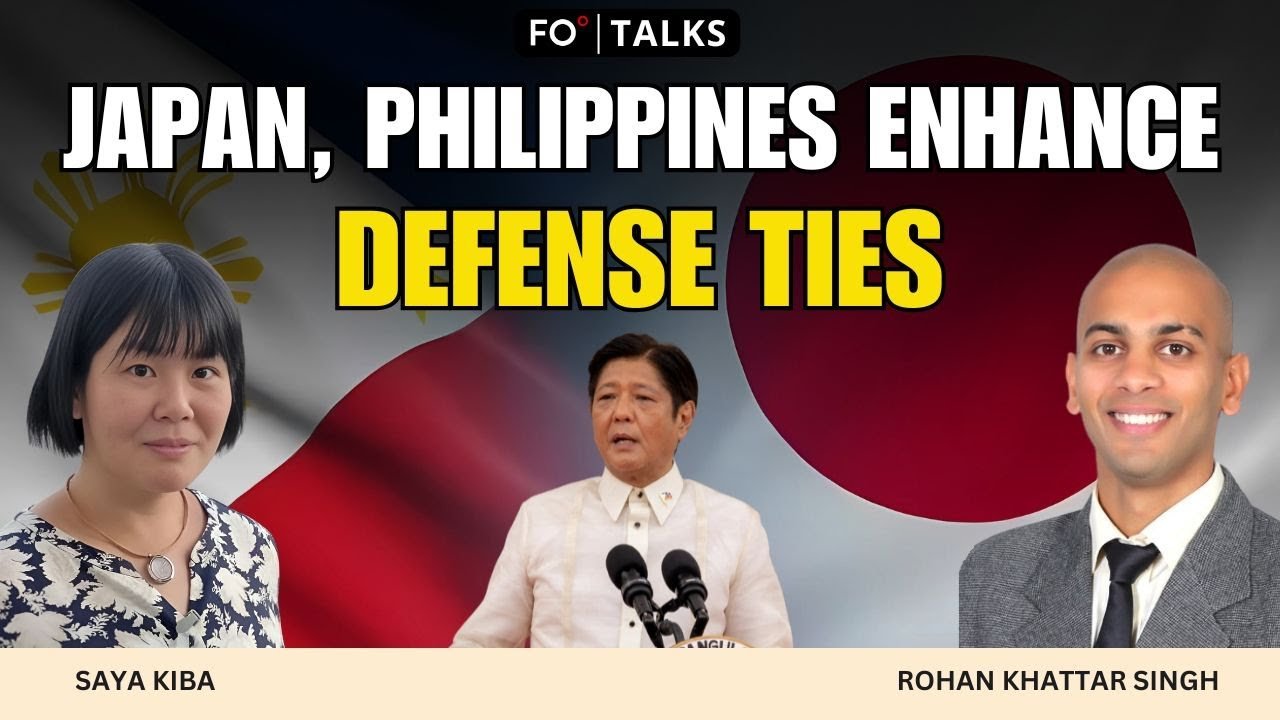





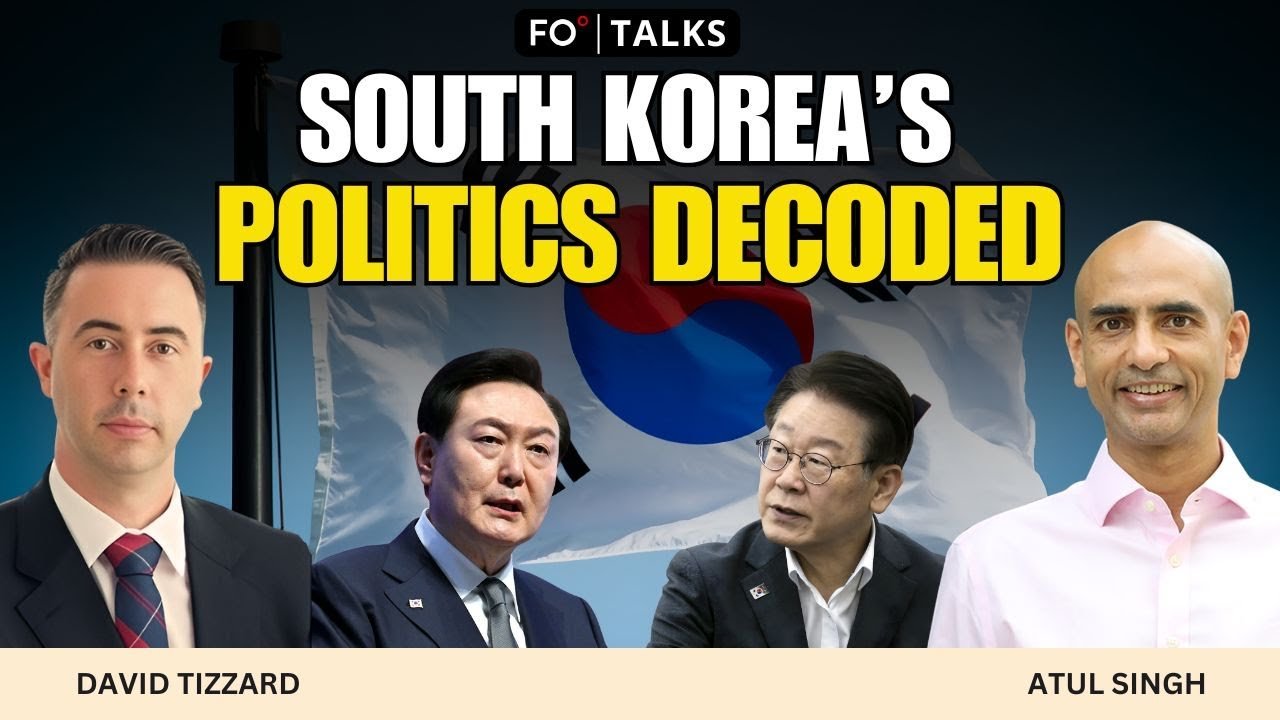



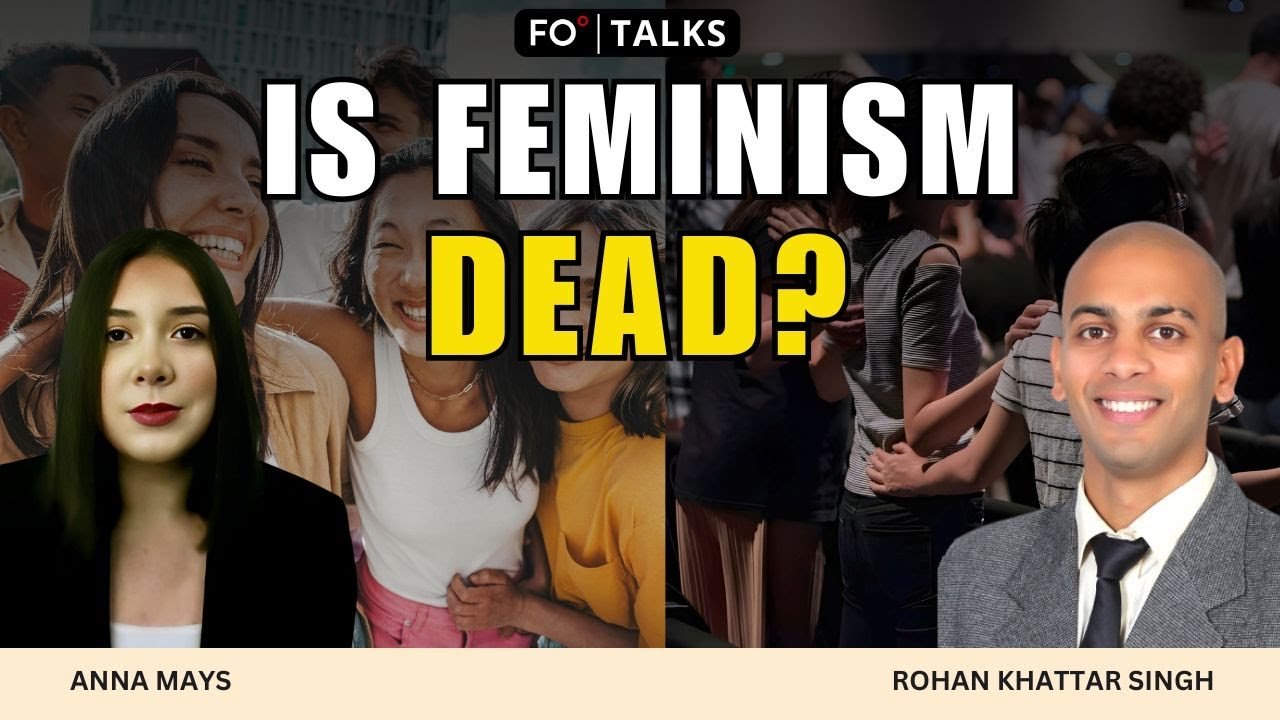


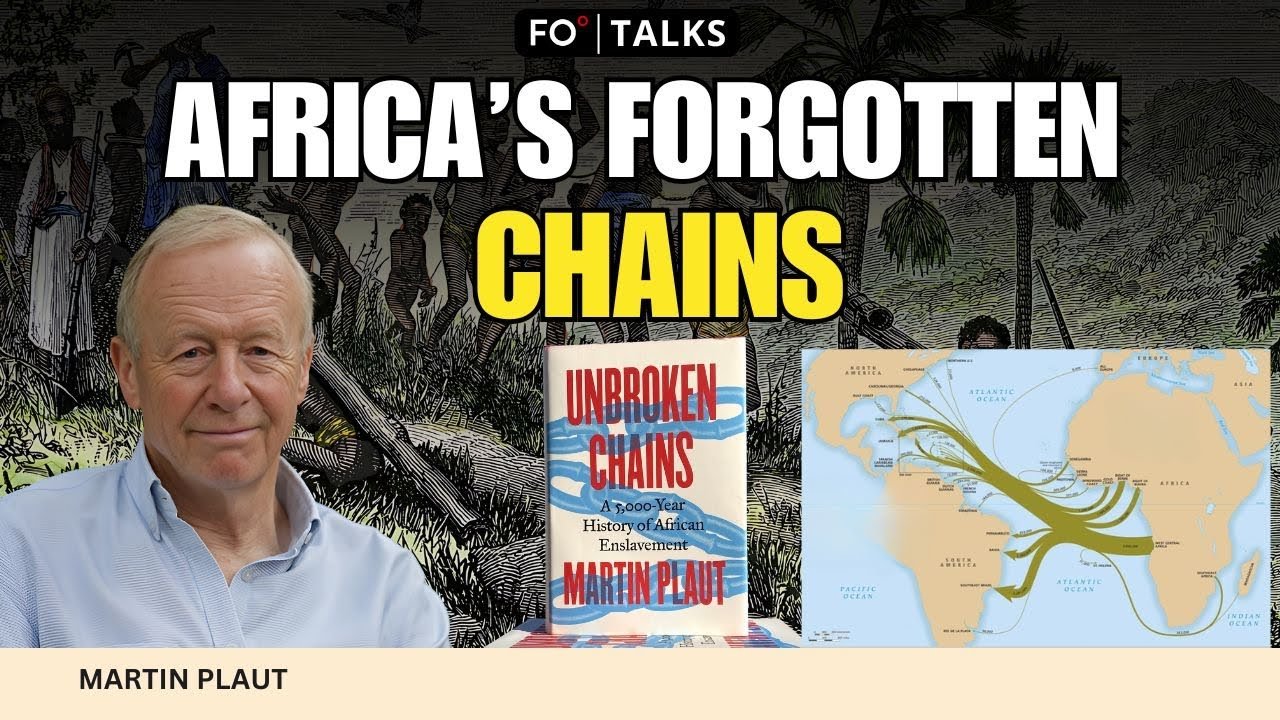

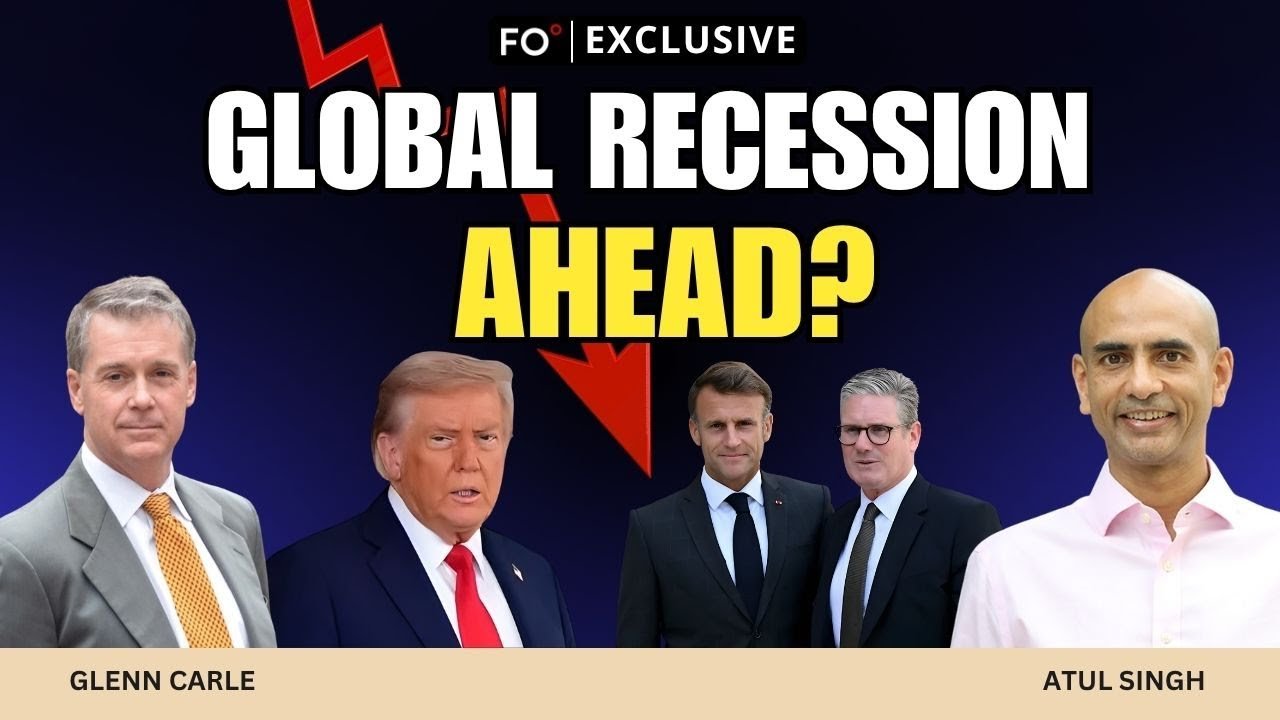






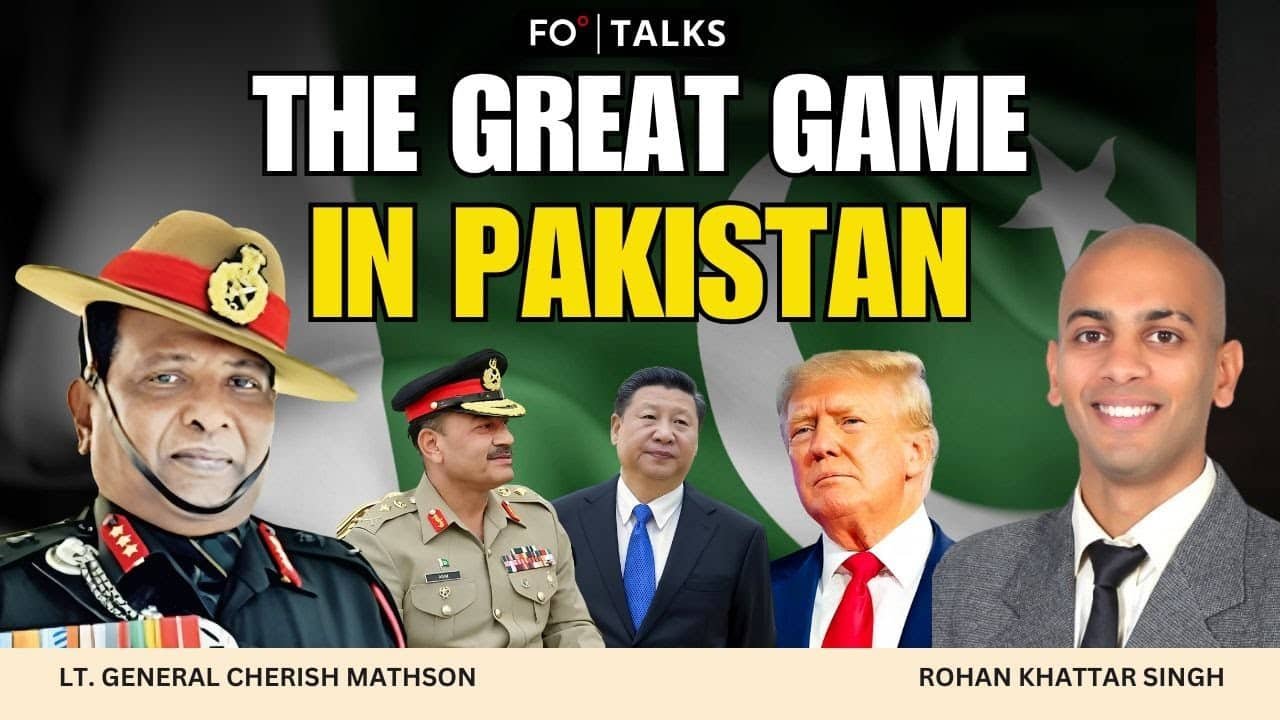







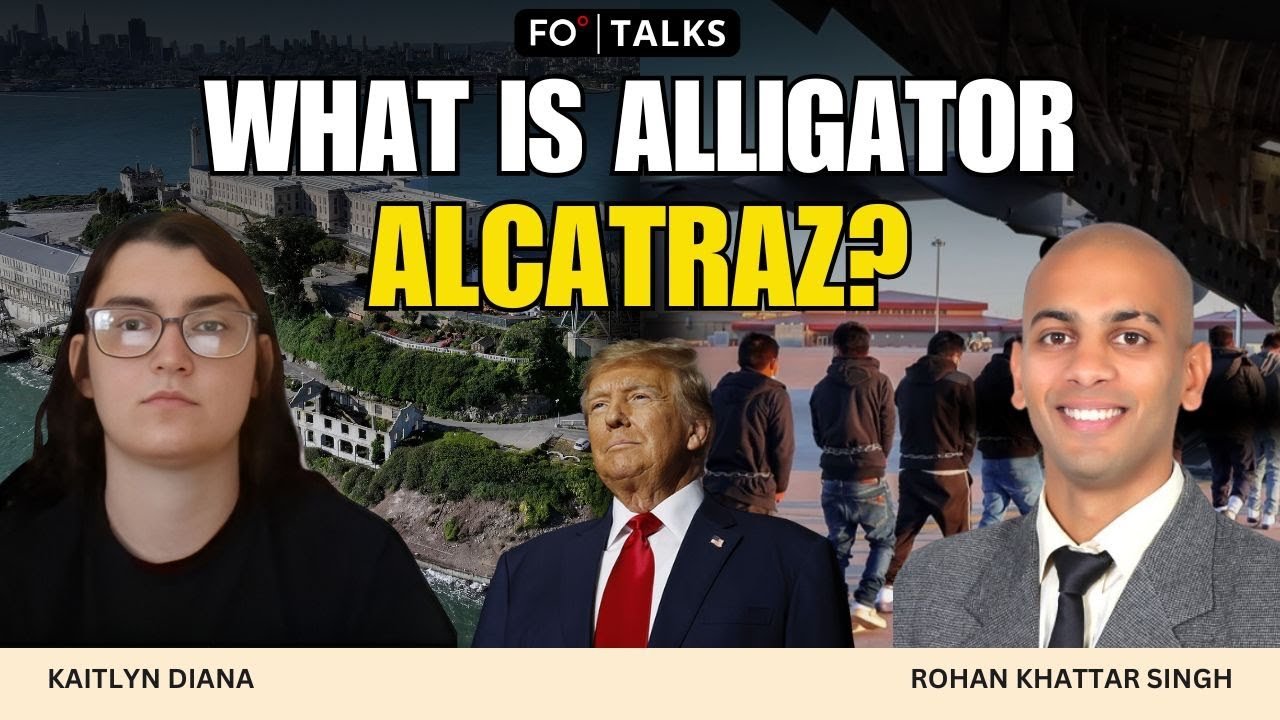




Comment